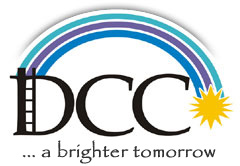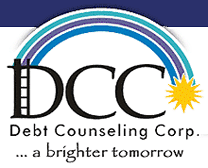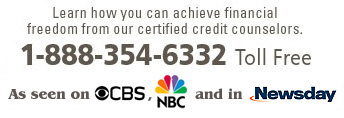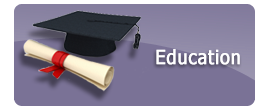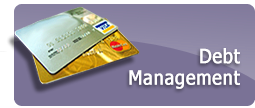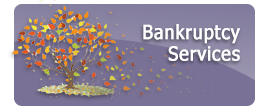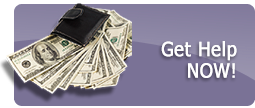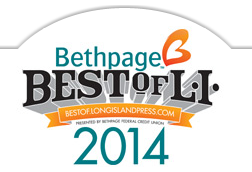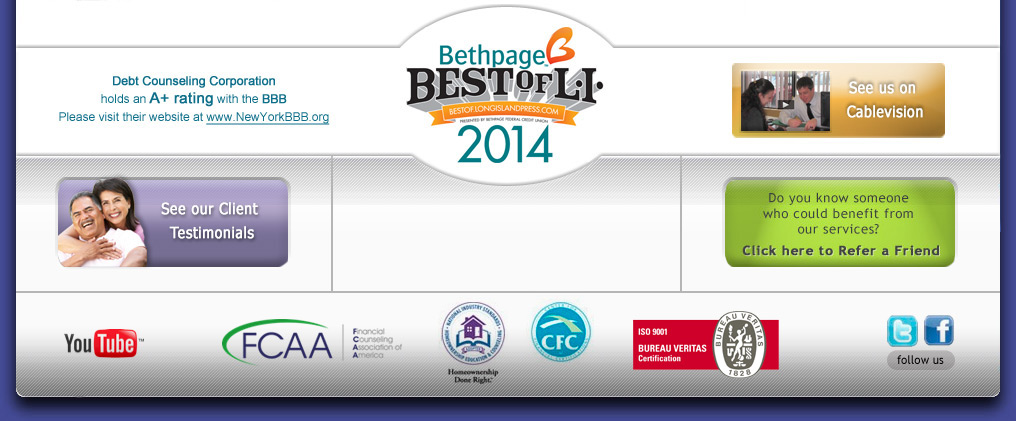Money - A Basic Overview
| Money | ||
| Money | ||
| Money |
Money Defined:
Money Defined: US Currency – A Brief History
We all want money. We all strive to improve and maintain our quality of life, and buy the goods and services we enjoy. Currently in the USA, we use dollars and coins as a means of exchange. But it wasn’t always this way.
WAMPUM were the beaded shells used by Native Americans which were used in exchange for goods and services.
CONTINENTALS were America’s original ‘bucks’. Continentals were the first printed currency of the New Republic. They were issued and authorized by congress in order to help finance the American Revolutionary War. Because they did not include any gold or silver to back it, Continentals quickly became worthless.
WILDCAT AND BROKEN Bank NOTES were issued by banks during the time in American history when banks were permitted to print their own money. Often the banks would go out of business, so redeeming these Notes wasn’t a sure thing and they became worthless.
GREENBACKS
The US government resumed printing paper currency in order to help fund the Civil War. The design was more complicated than the design of the previous, unsuccessful Continental the government had issued before. In green, the Greenbacks included a US Treasury Seal, fine engraving, and the first security measures.
FEDERAL RESERVE NOTES
The cash we all know and love today consists of Federal Reserve Notes. These became the dominant form of paper currency in the USA in 1913. In 1929, their size was reduced to the size we use today. In 1955 the words “In God We Trust” were added. Currently the $100 bill is the largest Federal Reserve note in circulation.
WHAT DOES THE FUTURE HOLD?
Electronic Money
Digital cash will probably be the new currency of the future. Here’s how it would work. Your money in your savings or checking account would be converted into a digital code stored on a pocket card, digital chip or your computer’s hard drive. It would be used for any transactions by any vendor who recognizes it and accepts it as money. There are some security risks with this form of currency, because it is anonymous and computer hackers may be able to access your digital cash illegally without being traced. Efforts are underway to correct these and other flaws. Digital cash probably won’t replace paper money in the next couple of years, but watch out for it within the next couple of decades!
In the meantime…
Different Places You Can Safely Keep Your Federal Reserve Notes
The Basics
Experts suggest that you set aside about 6 months worth of income that you use only in case of emergency. To many of us, that amount seems impossible to reach. Do the best you can, save in small increments. Even if it takes you a long long time, the goal is well worth it.
Savings Accounts
Uses of a Savings account:
Savings accounts are available to help you in a number of ways.
- Savings accounts usually include:
- No or low minimum balance requirements
- Low or no monthly fees
- Limits on how many withdrawals you may take each month without being charged, to teach you to avoid spending and to help you save your money
- Additional accrued interest on your savings – not much but hey every little bit helps!
- Transfer privileges between your checking and savings accounts
Other methods to save
Certificate of Deposit
- Interest bearing – usually higher than interest earned through a savings account
- Deposited funds not available to withdraw for a specified amount of time
- Consumer ‘buys’ a CD at a bank. The amount of the CD varies, depending on the amount of interest that will accrue.
- The bank holds the funds deposited within the CD until the specified time has expired. Then the consumer receives those monies back, plus whatever interest has accrued.
- There is usually a minimum deposit amount to purchase different types of CDs. For example, a 6 month CD typically has a minimum deposit of $1,000 and will pay 2% interest. The funds deposited to ‘buy’ the CD will not be available until 6 months later. When the money is wihdrawn by the consumer, the original deposit of $1,000 will be worth $1,020.
Retirement Accounts
- 401(k) and 403(b) retirement accounts are typically instituted by your employer, these are tax-free savings plans.
- Deposit pre-tax dollars into your account directly from your paycheck. You can decide how much money to deposit. Sometimes employers match some or all of your deposit with company funds.
- The funds deposited are then invested by the account administrator (usually a bank or brokerage firm). The results of the investments are added (or subtracted!) from your account.
- You have a choice in how your monies are invested. Your account balance will vary, depending on market fluctuations. These are retirement accounts, so long-term performance is what matters most.
- Monies deposited cannot be withdrawn until the accountholder is 59 years old. If it is withdrawn prematurely, a penalty will be applied (except in certain circumstances are defined by law).
- Individual Retirement Accounts (IRAs) are similar to those described above, and can be opened by any individual through a local bank or lending institution.
Money Market Funds
US Savings Bonds – Series EE
- Yield about 3%
- Minimum deposit as low as $25
- After the first three months, you can have immediate access to your money, but you will lose 3 months worth of interest
- Required to cash in the bond after 30 years, otherwise no further interest accrued.
- To purchase a bond, you pay half of its face value (example: a $50 bond costs $25)
- These are government-guaranteed
US Savings Bonds – Series I (with inflation protection)
- Yield about 4%
- Minimum initial deposit as low as $50
- After the first three months, you can have immediate access to your money, but you will lose 3 months worth of interest
- Required to cash in the bond after 30 years, otherwise no further interest accrued.
- These are government-guaranteed.
Checking Accounts
Different types of Checking Accounts:
Following is a list of basic information about different checking accounts and their uses.
- Basic Checking Account
- If you just need to have a safe place to deposit a paycheck and a way to pay your bills, the basic checking account is for you. These accounts generally require low minimum balances.
- Joint Checking Account
For you and your spouse. These accounts are helpful when you share expenses. Both parties have equal access to the account.
Express Checking Account
These accounts are good if you primarily use ATMs (Automatic Teller Machines), because you pay lower fees if you never go to the bank and get assisted by a live teller. These accounts are also best for those who primarily do their banking by phone or Personal Computer. They usually provide free unlimited check writing with low minimum balance requirements. But keep in mind if you ever need to go into the bank, your visit with the teller could cost $3 or more.
Senior and Student Checking Accounts
These accounts provide discounts for account holders who are older or younger. Benefits include things like free cashier’s checks (which usually cost at least $3), free traveler's checks, and free regular checks, free ATM use, lower interest rates on loans and credit cards, and other discounts on retail products and services.
Money is the accepted common medium of exchange for goods and services in the marketplace. Money is what you buy things with. In the U.S., money is in the form of paper dollars and coins, and it expresses the value of all goods and services.
This is a secure website - your information will be encrypted. Click on the image below for more security information.
